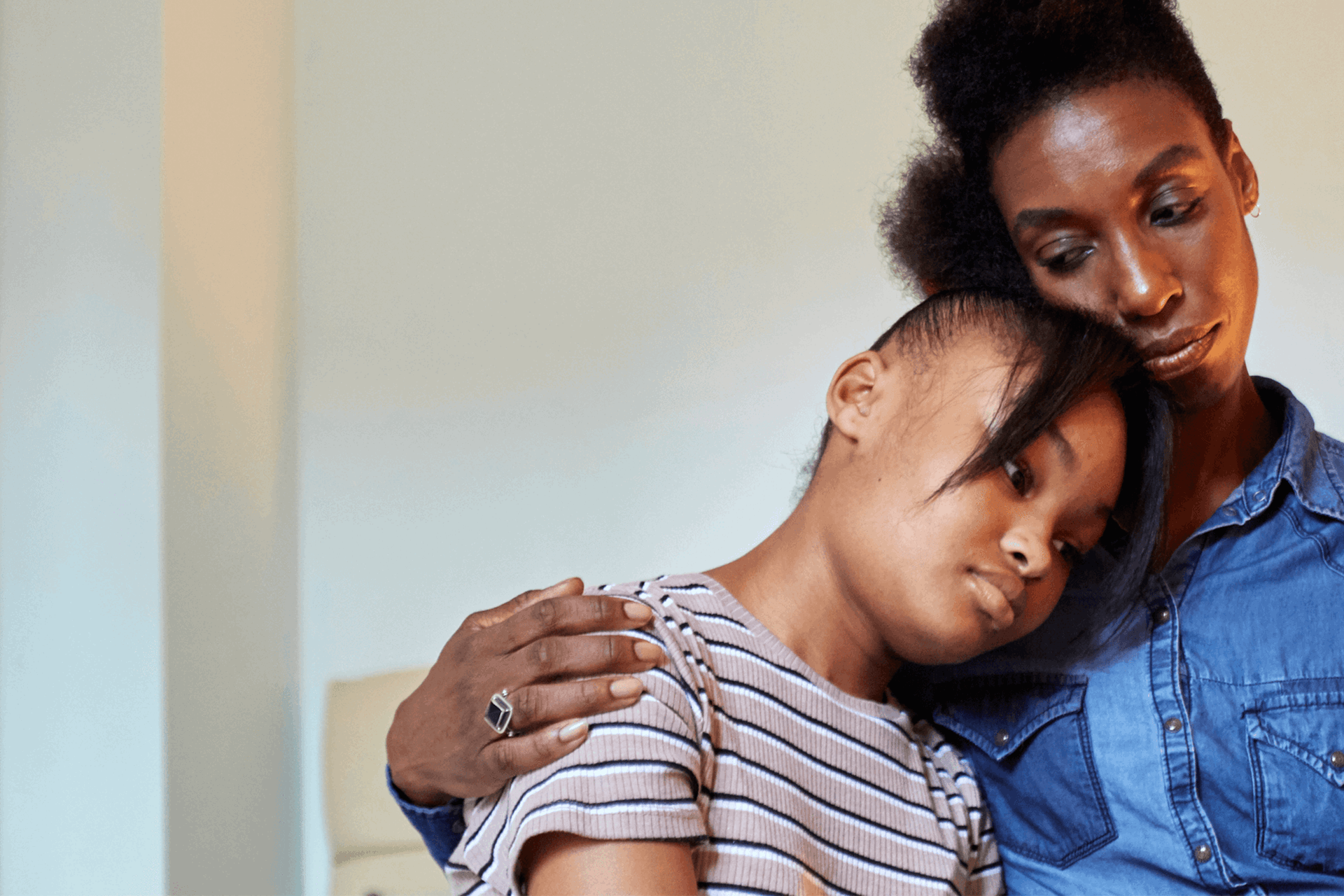Topics mentioned: OCD, medications, counselling and therapy
About: What is obsessive compulsive disorder (OCD)? Wil, 15, shares three things she wishes more people knew about OCD and her tips to help you support a friend.
If anyone you know has OCD, it’s important to be open about it and support them as much as possible.
OCD is a mental health condition where people experience repetitive and obsessive thoughts, causing feelings of disgust or anxiety, and engage in compulsive behaviours to try to reduce the impact of these obsessions.
Though it is quite a common condition, across people of all ages, many are either misinformed or uneducated about OCD. So, here are three things you should know.
OCD is not just about watching "oddly satisfying" videos online
Many online accounts, on a variety of social media platforms, post these “satisfying” videos featuring slime, hydraulic presses or icing a cake with a steady hand, for example. Some then caption these posts with clickbait titles such as “watch this if you have OCD”, almost dismissing the reality of the condition and using it as an umbrella term for anyone who enjoys this type of videos.
Now, I love these videos, and I understand the appeal - the bright colours and glitter; the slow motion; the crunches and pops. However, while these videos can be appealing to those with OCD, that’s a huge generalisation.
These videos do not represent the condition or the compulsive behaviours some with OCD preoccupy themselves with.
Just because somebody thinks something does not mean they want to do it.
OCD comes in many different forms
OCD isn’t just the fear of contamination or the need to have all items neatly arranged in a specific order – although people with OCD may experience these feelings. There are other behaviours that can be triggered by our surroundings or intrusive thoughts.
For example, someone’s obsessive fear could be the possibility of a disaster in the house e.g. a fire or a leak. The likely compulsive behaviour to try to reduce this fear would be to check things like house lights and candles, water taps, dials and knobs on cooking appliances etc.
Some people may have compulsions that are not obvious or visible to anybody else. We all have intrusive thoughts – unwanted thoughts or images that pop into our head and confuse or frighten us – but people struggling with OCD may experience these to a heightened degree and get stuck worrying about their meaning. They may use mental rituals to relieve the anxiety and fear, such as reciting certain words or phrases to themselves.
Both these visual and hidden compulsions are usually undergone repetitively. OCD varies in severity, but some people may spend hours carrying out compulsions. This may make them late for work or social occasions and affect their ability to secure jobs and relationships.
Regardless of the obsession or compulsion, it is important to remember that the intrusive thoughts are not accurate portrayals of a person’s character and personality. Just because somebody thinks something does not mean they want to do it.
With the correct combination of professional treatment and support, people with OCD can improve their condition and recover.
OCD doesn't have to be permanent
Many assume that once someone is diagnosed with OCD, they will be stuck with it for the rest of their life. However, there are some very effective therapies to reduce the condition’s impact on a person’s life.
The two main types of treatment are psychological therapy (usually cognitive behavioural therapy (CBT)) and medicine (usually a type of antidepressant such as SSRIs). With the correct combination of professional treatment and support, people with OCD can improve their condition and recover.
Alongside professional help, it is important to have a supportive community to help the recovery process. If anyone you know has OCD, it’s important to be open about it and support them as much as possible.
How to support a friend with OCD
-
Be patient
You want them to get better just as much as they do, but recovery takes time.
-
Don't judge
Even if their fears seem irrational or shocking to you, their worries seem very realistic to them.
-
Ask how you can help them
Keeping a line of communication open is vital.
-
Educate yourself
By reading this blog post, hopefully you already have a better idea of OCD, however there is always more to learn.
Where to get help
-
OCD Action
Offers support and information to anybody affected by obsessive compulsive disorder (OCD).
- Opening times:
- 9:30am - 8pm, Monday - Friday
-
Childline
If you’re under 19 you can confidentially call, chat online or email about any problem big or small.
Sign up for a free Childline locker (real name or email address not needed) to use their free 1-2-1 counsellor chat and email support service.
Can provide a BSL interpreter if you are deaf or hearing-impaired.
Hosts online message boards where you can share your experiences, have fun and get support from other young people in similar situations.
- Opening times:
- 24/7









